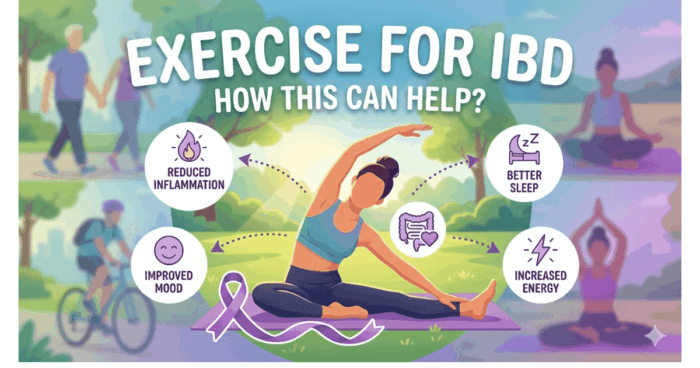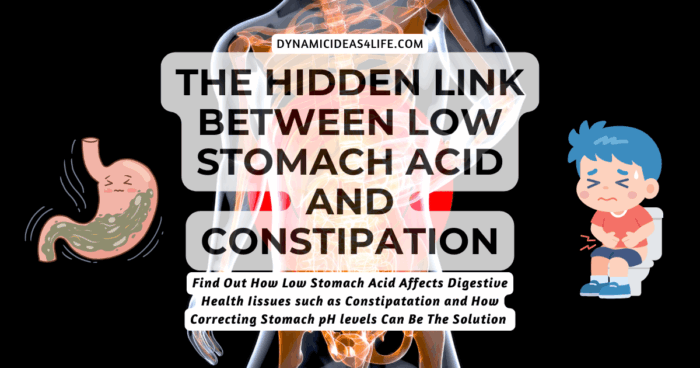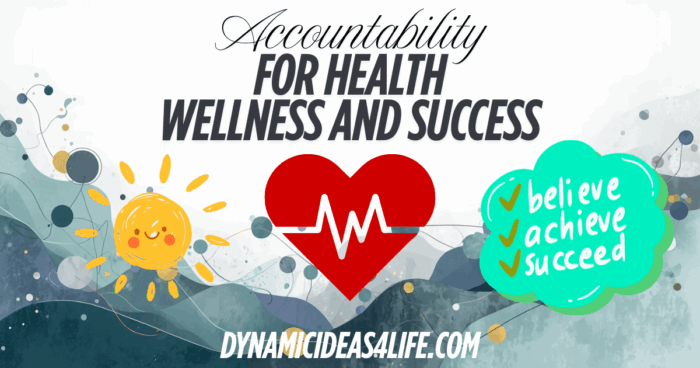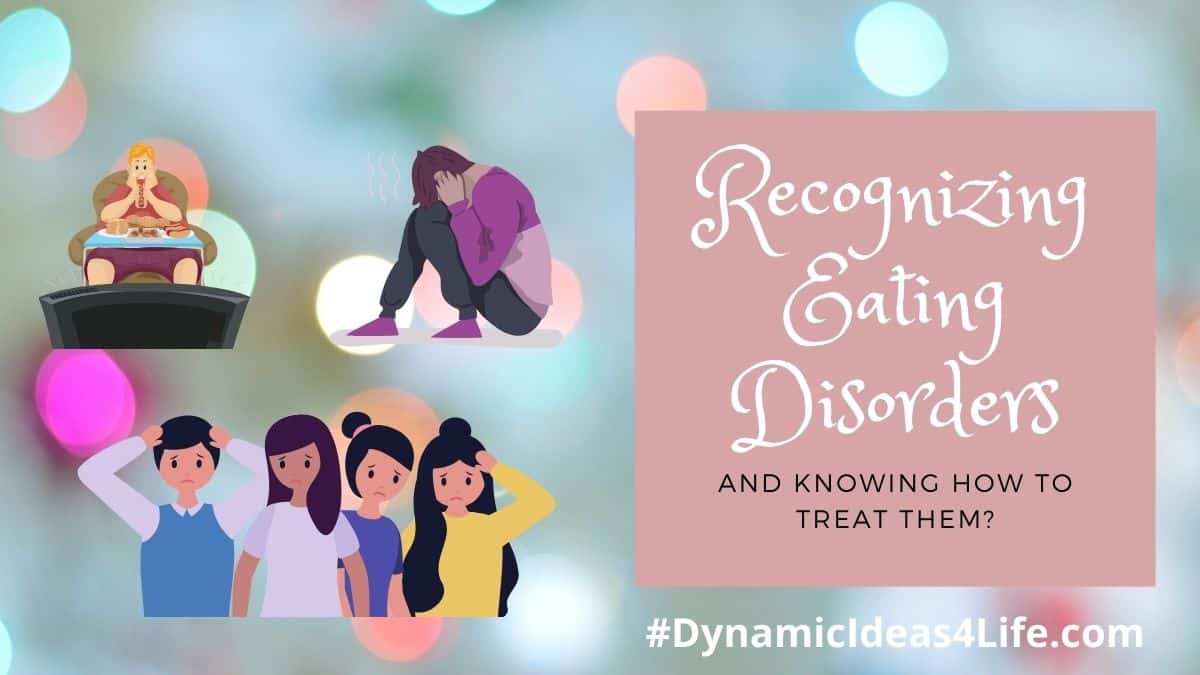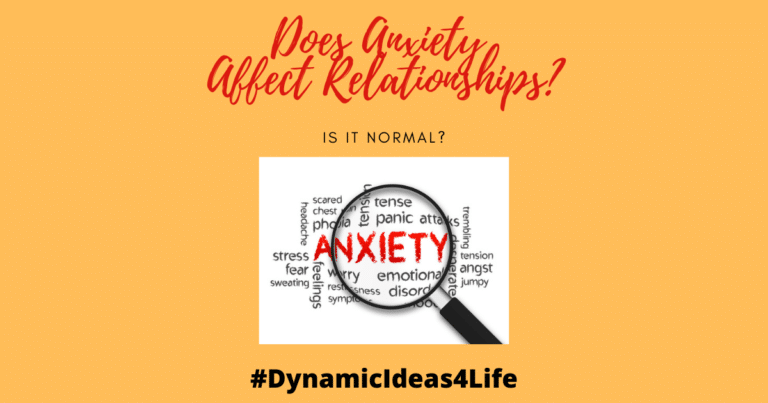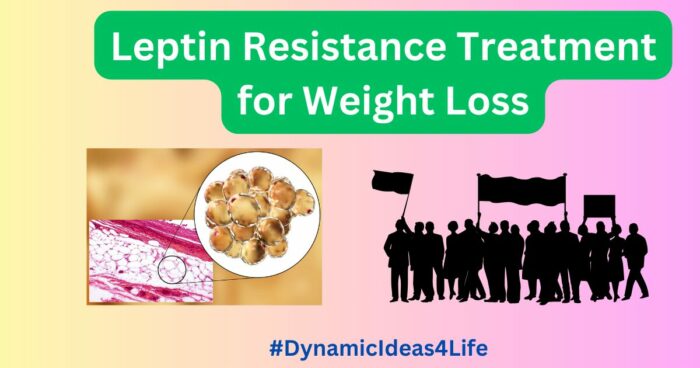We’ve all heard ‘the horror stories, about Eating Disorders. Maybe we even have direct experience in person or from somebody we know. Indeed, this is a very serious thing that can absolutely devastating effects on our health, so Recognizing Eating Disorders and knowing how to treat them is a very Important topic to cover.
Eating disorders are a group of related health conditions. Many believe they are all about food, as they’re related to our eating habits, but did you know – they are actually a form of mental illness? Usually characterized by one’s self-image or urge to consume in an unorthodox manner.
As we go through this information I will look to cover all the well-known types of these disorders. I will look to explore the deeper rooted causes behind each one. Everything from Bulimia to Anorexia. Binge eating to lesser-known conditions such as rumination disorder and orthorexia. Plus a few others.
I will also look at ways to treat each condition (where possible) and how to spot the signs if this affects somebody you know.
Of course, hopefully, this is something you never have to witness. Anyone that has to deal with an eating disorder should know how worrying this can be.
It’s kind of something I don’t really even want to talk about. Mostly due to how obscene certain aspects of this can be but hopefully, this article can help people so I will share it.
Now, let’s dive in and find out about these different disorders and what is known to be the main causes of each one…
Recognizing Eating Disorders, and How To Treat Them…
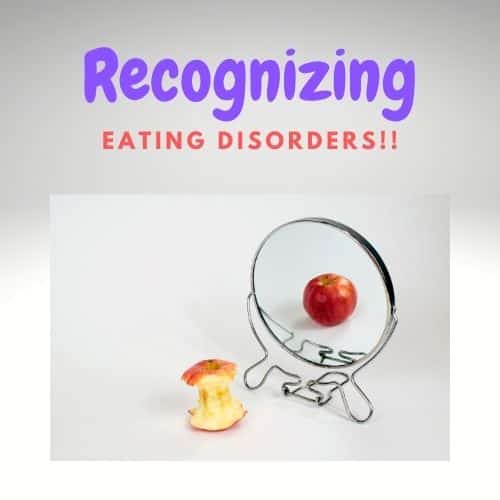
Recognizing eating disorders can often be very difficult. This may be due to the denial of the sufferer, who may not want to believe they have a problem. Also for friends and family, they may not spot this activity because of the sufferer’s ability to hide what is going on so well.
Nevertheless, there are signs and symptoms to look out for, and once you can identify these you are one step closer to getting help…
Even though eating disorders are a group of related conditions each have different names for good reason.
To fully understand each we shall go through each disorder individually… Now
Let’s Start With Recognizing Bulimia
People who suffer from Bulimia tend to binge eat. Usually, junk food such as crisps, chocolate bars, cakes, biscuits and sweets.
Basically, anything they can grab right there and then and eat at the very first opportunity.
Meaning they can eat two or three times as much as most others, or even more – depending on the individual.
What’s worse the type of food a bulimic will eat is usually junk that is full of calories. Not very healthy at all!
The other thing about bulimia (In most cases) is the bulimics will make themselves vomit their food up!
Not just this but in other situations, there are others that take laxatives or use an enema to force themselves to defecate instead!
It’s gross yes, I hope this doesn’t offend anyone me saying this but in essence, it is all for the same reason.
To get the food they have binged out the body before they have completely digested it.
Typically what to look for in someone you suspect of being bulimic is not somebody that is very thin. The majority of bulimics are not underweight. They tend to still maintain a normal weight. Even under their unhealthy circumstances.
As a condition Bulimia is believed to mainly affects teenage girls. However, Boys can also be bulimic. In fact, it can happen with adults also.
There are no criteria for victims of this eating disorder. Much like every other single one I will mention with this post.
Bulimia Symptoms
- Bulimia is a fear of gaining weight.
- Binge eating is very common within Bulimics
- Bulimics are obsessed by their weight and physical appearance.
- Sufferers will force themselves to deject food after eating.
Bulimia Side Effects
- Dehydration,
- Loss of tooth enamel,
- Sore throat,
- Salivary glands can become swollen,
- Acid reflux and problems with hormonal balance.
If you vomit food up on a regular basis you are in serious danger. This is partly because of low levels of electrolytes, such as sodium, potassium, and calcium. This can cause a stroke or heart attack.
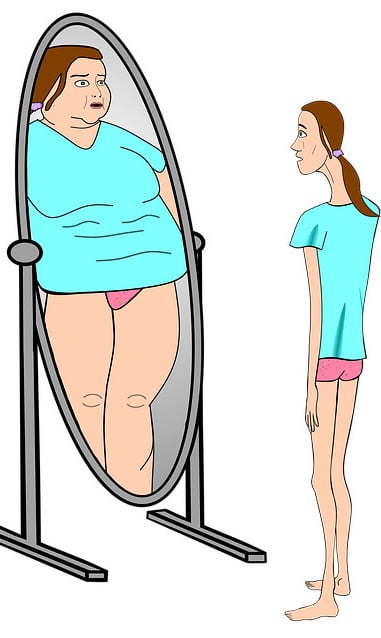
Did You Know: “Bulimia affects around 4% of the population. It has a high death rate estimated at 3.8%”.
Recognizing Eating Disorders, and How To Treat Them…
How To Spot Anorexia…
Anorexia Nervosa is a condition that affects around 1.2% to 4% of the population at any given time.
People who suffer from Anorexia think they are overweight. When 9 times out of 10 it is quite the opposite. The truth usually is they are dangerously underweight. They simply don’t weigh enough, but that is not how they see themselves ?
They say there are 2 types of anorexia.
1.) Those that binge eat and do whatever is their preference to get rid of the food they have just eaten.
This might be by excessive exercising, the taking of laxatives or by vomiting etc. Then…
2.) Are those that don’t eat at all or eat very little, and then exercise furiously so as not to gain a single ounce.
The people in this second category are very secretive. They refuse to eat in public and are constantly obsessing about food.
Anorexia is a disease that mostly affects teenage girls and models. It does affect boys, and men as well but to a lesser degree.
When I was in my senior school there was a boy who suffered from anorexia. In our last year of school we only saw him for the first month and then never saw him again. I am not sure whatever happened to him but I do wonder.
Symptoms Of an Anorexic:
- The Sufferer is Usually Very Thin
- Can Look Extremely Underweight for Age and Height.
- Rarely if ever Eat anything in front of People.
- They might force themselves to vomit after eating.
- Obssess About their Weight and Size
- May appear very unhappy about their appearance.
The Dangers of Anorexia:
- Damage to Teeth / Poor Oral Health,
- Unable to become pregnant (Infertility)
- Heart and Kidney Problems,
- Bones are Thin and Break Very Easy
- Hair and nails are very brittle.
- Severe Nutrient Deficiencies
The Worst case scenario for an Anorexia sufferer is Death caused by multi-organ failure.
Sadly, Anorexia is a mental disorder that has the highest death rate out of all the eating disorders.
An estimated 4% of sufferers die each year from complications of this disease.
Is Someone You Know Binge Eating?
Next on my list is Binge eating.
This disorder can occur at any time in a person’s life.
The majority of sufferers are found in the 12-20-year-old age range.
The main difference between this and Bulimia is the sufferer does not try to eject the food.
They just eat and eat until they physically cannot eat anymore.
The type of food is unimportant, they will eat anything and everything.
As you can imagine this type of individual can become very overweight or even more so clinically obese.
How to Recognize a Binge Eater:
Someone that may not be able to control the urge to binge eat.
They eat a large amount of food even though they are not hungry.
May carry around bags of snacks and eat them in secret because of their feelings of guilt.
They may feel disgusted or ashamed about their eating habits.
The Risks Associated With Binge Eating:
Being overweight or clinically obese increases your risk of stroke and heart attacks as well as type 2 diabetes.
Binge eating affects 2.8% of people in America. Just under half of them will seek treatment.
However, a large proportion of sufferers do die from the disorder.
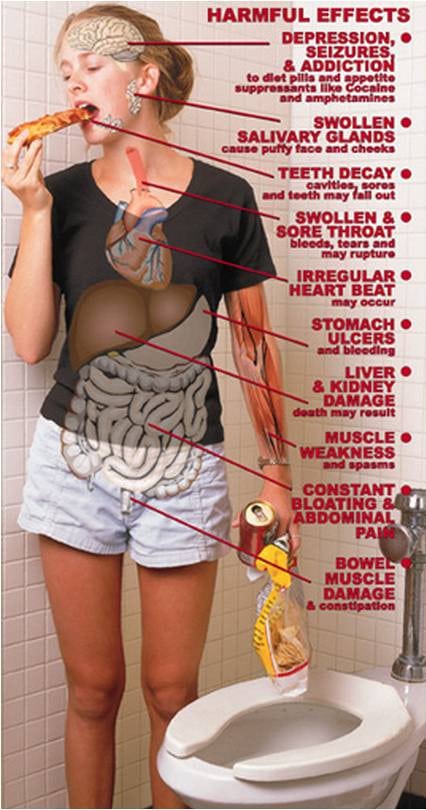
What Is Rumination Disorder
I’m happy to say I have never met anybody with this particular disorder.
If you are easily offended or certain scenarios make you feel very sick, I would skip this section now.
So Rumination disorder is where you chew your food, swallow it, regurgitate it, chew it some more and then swallow it again or spit it out.
The bringing back up of the food is not normally as soon as it’s swallowed. it’s generally within 20-30 minutes after eating it.
Unlike the other disorders, this can occur in children between 3 months and 1 year old.
It’s dangerous in this age range because the child can become malnourished and severely underweight which can prove to be fatal.
This tends to stop on its own in these children over time.
If it occurs in older children or adults then therapy is highly recommended.
Adults who suffer from this disorder tend to restrict their eating and will not eat in public.
This can become very problematic and cause them to be very underweight.
What Is Pica Disorder?
Now, if you thought the last one was strange. If you haven’t heard of Pica before this is a real head-scratcher.
Pica is a very different disorder because it has nothing to do with eating food.
No, instead It involves eating things that aren’t food at all.
Things like soap, paper, hair, coal, wood, stones, ice, dirt and even washing detergent.
Just you name it. Everything you thought people wouldn’t even think of eating.
This woman on Youtube is addicted to eating BRICKS???
Pica can occur in young children, teenagers as well as adults.
It is most common in pregnant women, children and those suffering from a mental disorder.
As you can imagine these people are at a high risk of infections, nutritional deficiencies, and even poisoning.
Very Bizarre! Now for another more common eating disorder!
Avoidant Restrictive Food Intake Disorder (AFRID)
This disorder ( ARFID) is usually found in children under the age of 7, although other children and adults can suffer as well.
People with this disorder often experience a great deal of trouble eating.
Either due to a lack of interest in eating or not liking certain smells, tastes, colours, textures, or temperatures.
It can even be due to a fear of choking. It is kind of like an obsessive compulsion.
This is a real disorder and not to be confused with a fussy eater.
I have a friend who does not eat fruit because she doesn’t like how it feels in her mouth.
I cannot imagine never eating fruit, can you?
The Risks of ARFID Condition Include:
Being deficient in nutrients
Not eating enough calories
Needing supplements as opposed to choosing to take them
Being fed by a feeding tube
Not feeling like you can eat with others.
Have You Heard Of Orthorexia?
This is the new kid on the block. Orthorexia!
It has yet to be fully recognized as an eating disorder, but that by no means doesn’t mean it does not exist…
or that it can be dangerous.
Orthorexia is where the person only concentrates on eating healthy food. Sounds good right?
Unfortunately, it’s not, these people cut out whole food groups that can have a detrimental effect on our bodies.
Causing unnecessary stress, severe weight loss, and malnutrition.
People suffering from orthorexia are not normally trying to lose weight.
It’s all about their identity and sticking to a self-imposed diet.
Recognizing Eating Disorders…
Who Do Eating Disorders Affect
Eating disorders can literally affect anyone at any age.
There are those that can be in a higher risk category. People who experience lower self-esteem or perception of poor body image, perfectionists, or those that find it difficult to deal with stress may be more likely to experience an eating disorder.
You could also be more likely to suffer if there are others in the family that suffer as well.
A lack of positive support and other important connections may also play a huge part.
In some cases, eating disorders can go along with other mental illnesses.
Our beliefs about the way we see ourselves are also important.
While the media may often portray thinness as an ideal body type, this alone doesn’t cause an eating disorder.
How we think about those messages and apply them to our lives is what affects our self-esteem and self-worth.
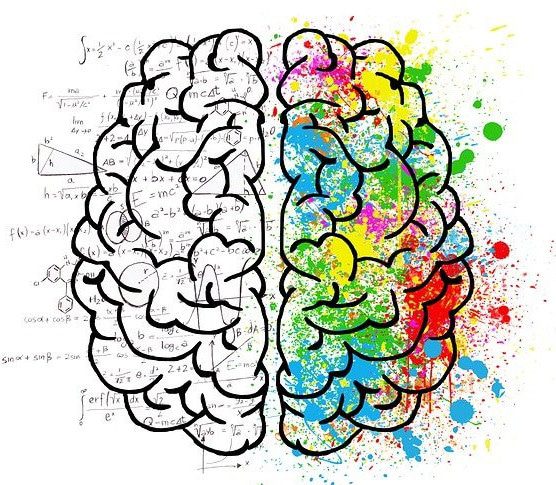
What Causes Eating Disorders
As with many medical conditions the exact cause remains unknown.
What is known is that mental illness plays a big part as well as low self-esteem.
Being in a problematic relationship, being a compulsive person and being a perfectionist can all be related.
In certain people, biology plays a role. These people have genes that can show they are in a higher risk category.
Biological factors, such as changes in brain chemicals, can also play a role.
Where To Go For Help
The first step should always be to visit your doctor.
Although you are not going to feel very comfortable talking about this it is a necessary step for you to get help, and this can save your life.
The doctor will most likely refer you to a counsellor if you don’t need immediate medical attention.
There are 2 you could speak with;
A dialectical behaviour therapist,
A cognitive-behavioural therapist
There you can speak about the issues you are facing, and get the help and support you need to overcome the disorder.
If you are a parent or a loved one of a sufferer try to persuade them to seek help, before it’s too late.
There are no medications available for eating disorders.
Although you could be prescribed something for a mental health issue associated with the disease.
Fortunately, It is possible to beat these disorders if you get the help you need.
Once you have become more stable it may be necessary to have help from other professionals such as:
A Dietitian: to provide education on nutrition and meal planning.
Medical or Dental Specialists: to treat health or dental problems that result from you’re eating disorder.
A Mental Health Professional, such as a psychologist to provide psychological therapy.
If you need medication prescription and management, you may see a psychiatrist.
Your partner, your parents, or another family member you feel comfortable speaking to.
For young people still living at home, parents should be actively involved in treatment and may also supervise their meals.
The Management of an eating disorder can be a long-term challenge.
You may need to continue to see the specialists on a regular basis, even if you’re eating disorder and related health problems are under control.
This helps the sufferer not relapse back into their old habits.
There are Alternative Treatments
Vitamin supplements that are made up of vitamins A, B, C, and E and minerals like calcium, magnesium, and potassium are essential in activating brain function and stabilizing the appetite. Foods rich in omega-3 fatty acids boost the relaxation of muscles and help to minimize stress.
A multivitamin supplies the body with its necessary nutrition and sustains a chemical balance. These can be good to help replenish the sufferer of lost nutrients if they are forcing themselves to vomit or anything else.
Together with therapy for binge eating disorder, it may even help to control the urge to binge eat.
See my two recommended Multivitamin Supplements;
Also Recommended is L-Tyrosine
The number 1 recommended dopamine supplement is L-Tyrosine.
L-tyrosine is an amino acid that acts as a precursor to dopamine.
Tyrosine is naturally present in protein-rich foods like animal products and legumes.
If your diet is deficient in l-tyrosine, you will not have enough dopamine in your system.
There are many forms of tyrosine supplements but the best of them all is the highly absorbable form.
These act as a filter that keeps foreign substances out of the brain.
Someone with anorexia may benefit from L-Tyrosine as it helps improve appetite and brain cognitive function.
Supplements that Contain Ginkgo Biloba
This is another herbal remedy for brain-related disorders like depression and anxiety.
Gingko Biloba may help with eating disorders such as bulimia and binge eating.
Acupuncture and Yoga
Acupuncture used in conjunction with other regular treatments can be effective in minimizing symptoms of depression.
This might help with giving you a better sense of control and improving your mental and physical health.
Yoga may help with binge eating by minimizing your stress levels.
A study showed that women who practised yoga improved their positive feelings and a sense of self-worth significantly.
They also showed improved body image, reduced self-objection, and better eating habits.
My Final Thoughts
Recognizing Eating Disorders is very important. If you or someone you know suffers from an eating disorder you need to get help before it is too late. The main thing to know is you need to be happy with yourself, you need to love yourself, and the way you are.
Just because models look stick thin doesn’t mean they live a normal healthy life.
Having an eating disorder is something millions of women and men suffer from all across the world.
If you suffer from an eating disorder know you are not alone.
You are not the first and will not be the last. The doctor will likely have seen it all before. So don’t be afraid to open up to them.
Whatever you tell the doctor is their business and nobody else’s unless you wish to seek further help.
If your family and friends are worried about you then, please seek help if you have any of these conditions.
Before it’s too late.
If you are in the USA you can also contact the NEDA helpline:
Call 1-800-931-2237 If you or a loved one is struggling with an eating disorder;
you can call the toll-free,
confidential NEDA Helpline, Monday-Thursday from 9:00 a.m.- 9:00 p.m.
and Friday from 9:00 a.m. – 5:00 p.m. @ 1-800-931-2237.
Your Feedback
I wish to thank you for taking the time out of your busy day to read this article.
If, you have a question or a comment then please feel free to leave them below. I love to hear from you all and I will get back to you.
If, you know anyone else who would benefit from reading this then please feel free to share this with them.
Take great care of yourself because you are worth it.
Article originally published by Lisa Harvey for healthymindhealthypeople.com
Please speak to a doctor before taking supplements of any kind. Everyone is different and what works well for one may not necessarily work for another. This post is not intended to diagnose or treat you in any way. It’s for information purposes only. I’m not a medical doctor.
Now, this is all for now but be sure to visit again in future to check out more content about healthy living…
Also check out some of our other recent posts below…
